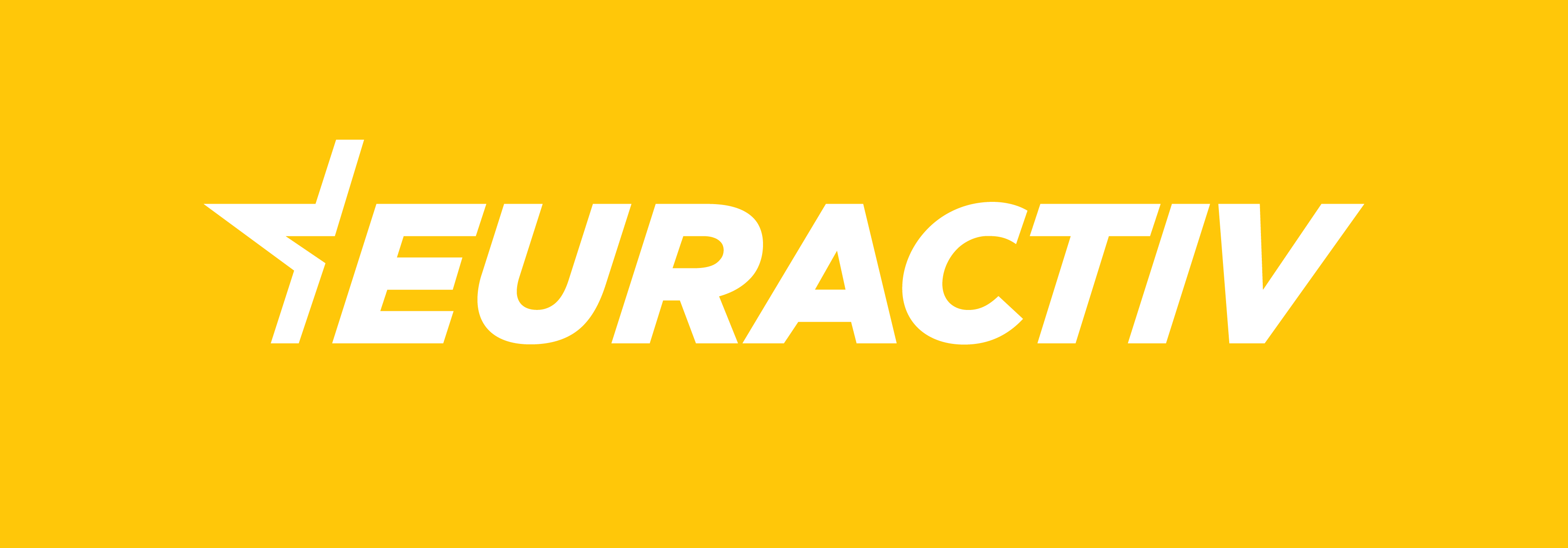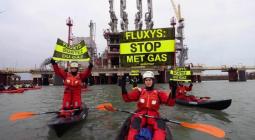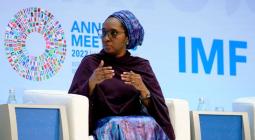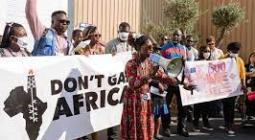To buy or not to buy: Europe’s joint gas purchasing
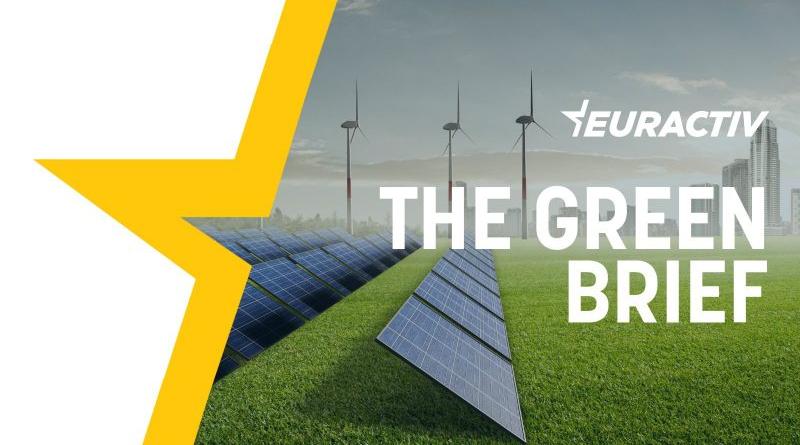
The long-awaited joint gas purchasing platform finally opened for business last week, matching EU buyers to international sellers, a little like online dating for Europe’s energy needs.
First touted in April 2022 in response to Russia’s manipulation of the energy market, it was given the green light by EU countries in December 2022 as part of a frenzy of temporary measures to tackle the high prices that had the European economy in a chokehold.
The idea is simple: pool demand, coordinate infrastructure use, negotiate with international partners and buy in bulk to get cheaper gas into Europe more efficiently, without countries outbidding each other.
“The energy crisis has taught us that the EU works better when it acts in unity and solidarity,” said Maroš Šefčovič, the Commission vice-president in charge of the rollout.
“By allowing EU companies to pool gas demand together, AggregateEU will leverage the Union economic weight and help us ensure sufficient gas in our storage to get through next winter safely,” he continued, referring to the service provider that will deal with the demand requests and supply bids.
Some of this demand is mandatory as EU countries are obliged to put out a call for at least 15% of their gas storage – totalling 13.5 billion cubic metres of gas per year.
Like Bumble or Tinder, the gas demand will be aggregated by an external service provider and then put out to tender on the global market. It’s then just a matter of swiping left until the most attractive deal presents itself and then, voilà, the buyer is matched with the seller.
“The sellers need to provide a price offer together with the volumes that they offer and then, during the matching, the cheapest offers will be matched first,” said an EU official. All global gas suppliers – except Russian companies – can submit offers and conclude contracts.
Matched suppliers and buyers will then be left to negotiate contracts beyond the platform, rather like being sent on a first date. And, like a first date, buyers don’t have to continue with the supplier if they find a better offer elsewhere.
“If people find the right prices and the right deals, transactions will take place. So one would hope that this is a good compliment [to the gas market], that it does work and that some contracts are agreed,” said James Watson from the gas industry group Eurogas.
The European Commission is promoting the platform as a way for European companies, particularly in landlocked or small countries, to combine their buying power while giving sellers access to another market.
However, it is no guarantee of a good deal or the required volume. Global gas markets are still tight and Europe is by no means out of the woods when it comes to the energy crisis and a secure supply of gas for next winter.
While it is a good step, the question of whether there are enough incentives to encourage its use remains, Simone Tagliapietra from the economic think tank Bruegel told EURACTIV.
“The big question for me is whether it will actually work to attract significant volumes because we know that particularly the big players may not have interest in being part of this initiative,” he said.
According to an EU official, there was demand on the system even during the first couple of hours after its launch and at least 76 buyers and sellers have registered.
“We hope that there will be some success from it because, in essence, what we would like to see is better and more stable prices. This might be a mechanism to do that by pooling lots of demand and finding the right suppliers,” Watson told EURACTIV.
However, not everyone sees it in such a positive light.
“It’s going to be a competition with sellers that may not be willing to provide you the gas at a discounted price,” gas market expert Thierry Bros told EURACTIV. “At the end of the day, I am prepared to bet that the platform will provide more expensive and not enough gas.”
While he agreed with the 90% storage target, he warned that the obligation to put 15% of demand to fill this on the platform risks mixing signals to the industry, either leading to storage being over or underfilled.
“Leave it to the market and, if the storage operator does not have 90% full storage by the end of the summer, put people in jail,” he suggested.
Like dating apps, there is no guarantee that joint purchasing will lead to any long- or even short-term relationships, but in light of lacking supply, it’s always worth trying something new, right?
– Kira Taylor
cover photo:Subscribe to EURACTIV's Green Brief, where you’ll find the latest roundup of news covering energy & environment from across Europe.
